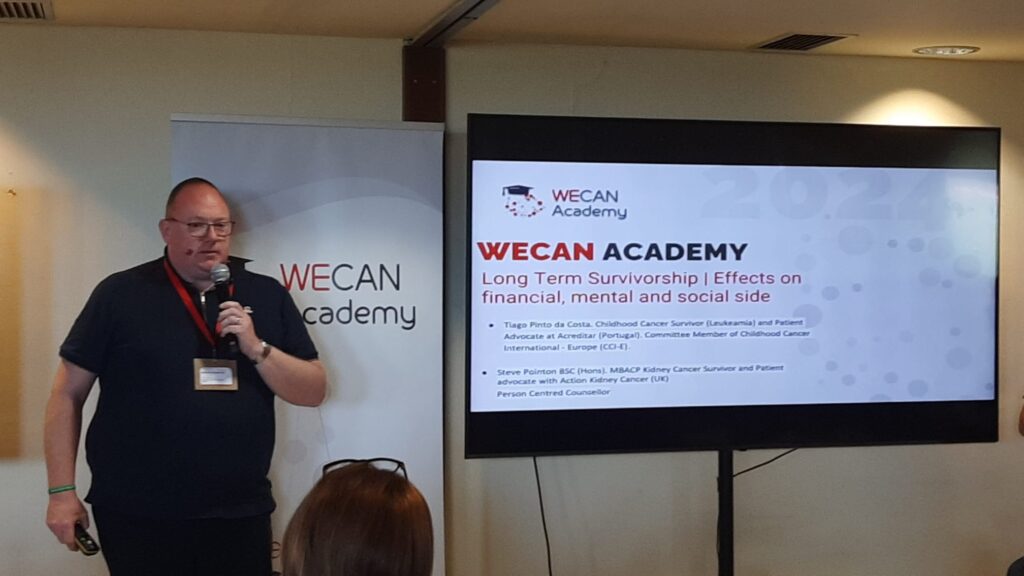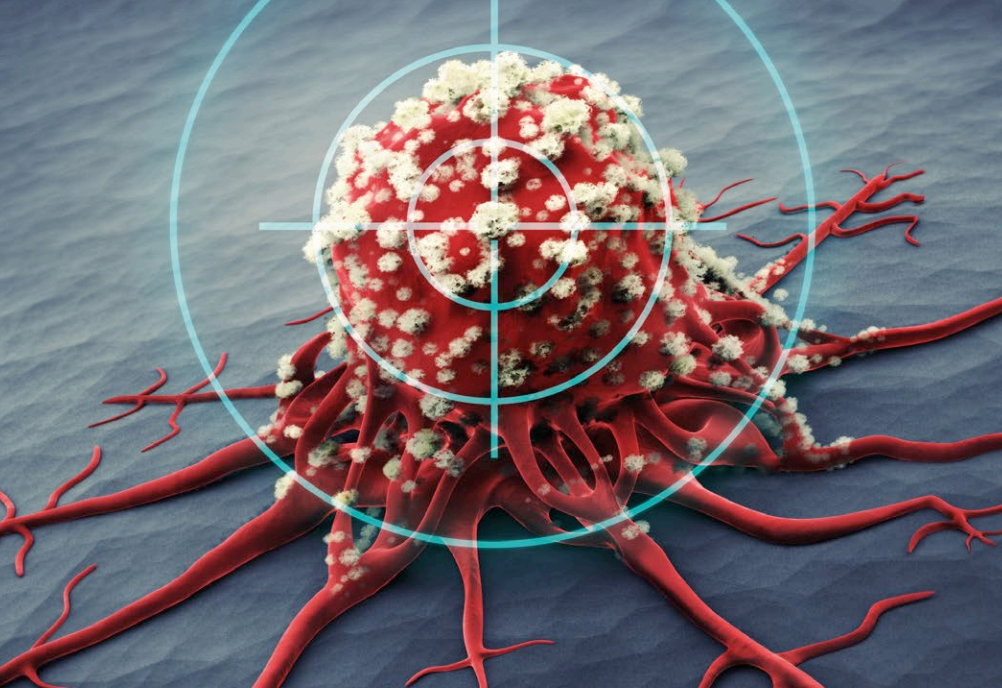Share this Page:
A retrospective study conducted by researchers in the Czech Republic has analysed the outcomes of 219 people with metastatic renal cell carcinoma (mRCC) who received first-line treatment with vascular endothelial growth factor (VEGF) inhibitors, for example sunitinib, sorafenib, pazopanib, or bevacizumab, for at least 2 years. The vast majority of patients (166 patients, 75.8%) received sunitinib. The results of the study were published online in Clinical Genitourinary Cancer.
The researchers reported that long-term responders to the targeted therapy have excellent outcomes, with patients who have a complete response to treatment experiencing the longest survival.
“The present analysis of a large cohort of long-term responders to anti-VEGF therapy has shown marked differences in progression-free survival (PFS) and overall survival (OS) between patients achieving complete response (CR) and non-CR as the best clinical response at the landmark of 2 years,” the authors concluded. “Patients with non-CR experienced a relatively high progression rate shortly after the landmark time point.”
The researchers acknowledged limitations of the study, including the retrospective design and lack of independent validation of treatment responses.












